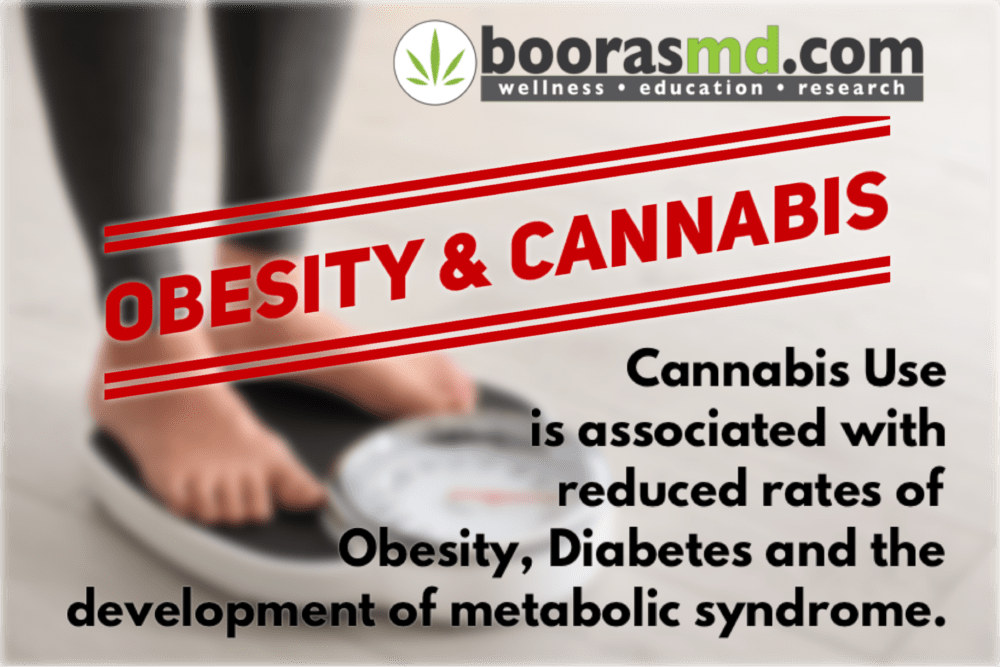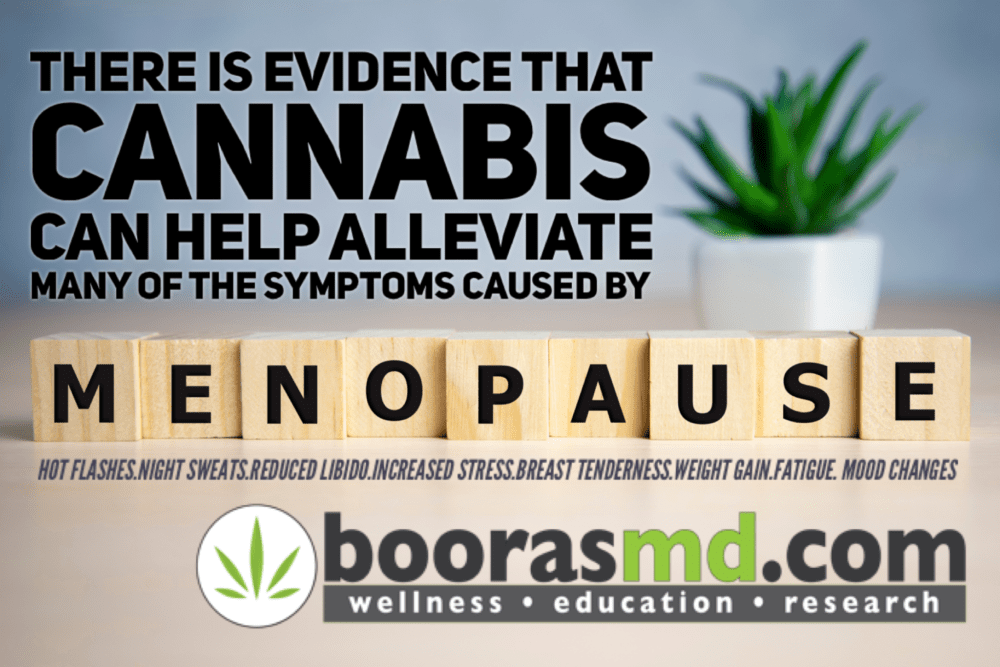Obesity and Medical Marijuana (Cannabis)
Obesity and Cannabis
Summary: Obesity, defined as a body mass index (BMI) greater than 30, is a major National health problem with a prevalence of 34% among adults in the US. This is contributing 13% to the total US rate of death.
It is reasonable to hypothesize that cannabis use (defined as THC and CBD) would be associated with higher prevalence of obesity. However, 2 large studies in over 52,000 people showed that “cannabis users are actually less likely to be obese than nonusers in the general population”.
https://academic.oup.com/aje/article/174/8/929/155851
Another study published in The American Journal of Drug And Alcohol Abuse in 2010 looked at 2566 young adults. “The existing data suggest lower prevalence of overweight and obesity among young adult cannabis users”.
https://www.tandfonline.com/doi/abs/10.3109/00952990.2010.500438
What role does the Endocannabinoid System (ECS) play?
CB1 receptors are highly prevalent in the brain, including the hypothalamus where they are involved in the control of energy metabolism and body weight. These same CB1 receptors are present in peripheral organs, including the gastrointestinal tract and in fat tissue. Activation of CB1 receptors, primarily by THC, increases appetite and the palatability of food.
Regular CBD use has been demonstrated to downregulate CB1 receptors for 3-4 weeks, which increases metabolic rate, promoting weight loss.
Cannabis use, particularly CBD, is associated with reduced rates of diabetes, impaired insulin sensitivity and the development of metabolic syndrome!
In summary, cannabis users consume more calories without gaining weight!
https://www.tandfonline.com/doi/abs/10.1080/07853890510037419?src=recsys
“Medical marijuana use is increasing, leading to decreased use of multiple classes of pharmaceuticals. Patients cite improved symptom management, fewer adverse side effects, and milder withdrawal symptoms from alcohol and opioids as reasons for switching from these pharmaceuticals to medical Cannabis. Once patients become aware that the side effects of medical Cannabis may include weight loss and reduced risk of obesity-associated medical conditions, this shift toward medical Cannabis is likely to accelerate. Available data suggest that this will save many lives, not only from reduced rates of obesity-related chronic illnesses but also from reduced deaths from pharmaceutical overdose.”
https://www.ncbi.nlm.nih.gov/pmc/articles/PMC6340377/
Unfortunately, obesity alone does not provide a basis for medical cannabis certification. However, many people with obesity experience other certifiable conditions including Pain, Insomnia, Anxiety and/or Depression.




